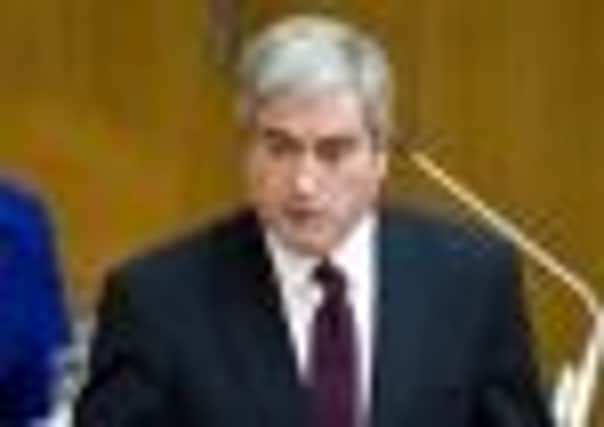MSPs to discuss inequality over critical heart treatment on NHS


Holyrood’s Public Audit Committee want to know why these groups along with certain ethnic minority communities are less likely than rich patients to be diagnosed early and treated quickly by cardiology services on the NHS.
With coronary heart disease ranked as Scotland’s second biggest killer after cancer, the MSPs will look at how these services can be delivered more efficiently and effectively.
Advertisement
Hide AdAdvertisement
Hide AdCommittee Convener Iain Gray MSP said: “It is a stark fact that procedure rates for angioplasty and the likes are significantly lower in our most deprived areas in Scotland with 20 per cent fewer treatments on the NHS than would be expected. At the other end of the scale, figures from Audit Scotland tell us that patients in our most affluent areas have a 60 per cent higher rate of access to cardiology services, which implies that access to treatment is far from equitable.
“We recognise that patients and health professionals alike have a role to play in improving cardiology services, so the morning of our visit will include time spent in Drumchapel with the Keep Well project and with staff and patients from the South Asian Anticipatory Care Pilot project.
The committee will meet in Glasgow City Chambers on June 22, with evidence from heart charities such as the British Heart Foundation, heath boards such as NHS Greater Glasgow and Clyde and the Scottish Government. They will also hear about the experiences of frontline GPs who work in some of Scotland’s most deprived areas, and we will meet with Chest, Heart and Stroke Scotland.
“While death rates from all types of heart disease in Scotland have fallen by around 40 per cent over the last ten years, ours still remains the highest in Western Europe - and the figures are even higher for Scottish men, some of our ethnic groups and for people living in our most deprived areas,” Mr Gray added.
“For those reasons, our committee feels strongly about getting out of Edinburgh to go and hear directly from patients and health professionals in the NHS. “Our committee is to investigate why some patients have poorer access to cardiology services than others, and whether better value for money could be achieved in the delivery of these services.”